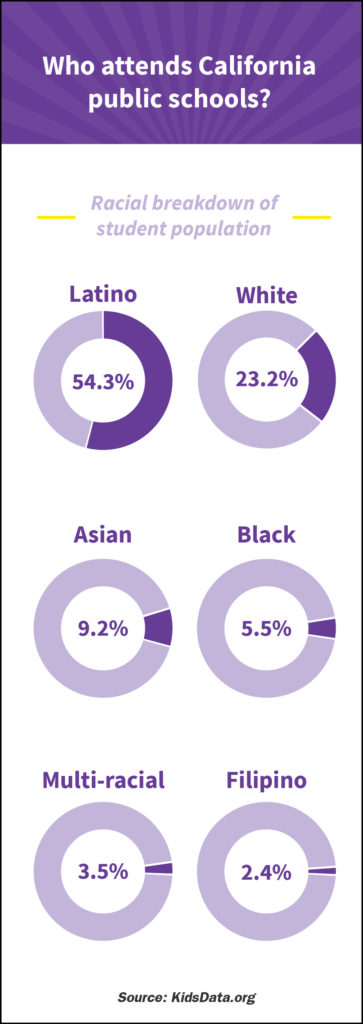
Large corporations need to pay their fair share
Proposition 13 was passed because the legislature at the time couldn’t agree how to help families stay in their homes and keep their property taxes from rising and pricing people out of their homes. The provisions that protect property taxes from going up for people who own their homes — especially aging seniors — will not be changed by the initiative proposed for the November 2020 ballot.
What does change is the provision that allows business property owners not to pay their fair share of property tax. Currently, corporations avoid paying hundreds of millions of dollars in property tax. This isn’t fair to other companies buying property at market rates in California. And it is especially devastating for schools, firefighters, police officers and anti-homeless funding; all of the things that property tax pays for in California.
Now gathering signatures, the Schools & Communities First initiative would restore $12 billion to our local communities and schools. It requires commercial properties to be taxed based on their market value, rather than their purchase price. Exemptions would be made to protect family farms and small businesses.
This initiative corrects the then-unforeseen consequences of Prop. 13. For 40 years, commercial property owners have paid taxes based on purchase prices and not on market values. It makes it possible for large commercial legacy landowners such as Chevron and Disney to get a tax break originally meant to keep seniors from losing their homes.
For example, Disneyland still pays property taxes at a rate close to what it paid 40 years ago. That’s when admission cost $6.50; it’s now $135 during peak season. Chevron reported one quarter profit last year of $3.7 billion. Clearly, Disney and Chevron are not passing on savings to us.
Our schools feel the consequences of Prop. 13 every day. Before Prop. 13, California had an educational system that worked for working class people. Grade schools had programs that actually enriched student learning — after school, summer school, music, vocational education, counseling. In 1977, we spent more than the national average per student. Now, we rank 41st in per student spending.
This issue hurts families of all races across the board. Contrary to public perception, the children most benefiting from public education in California are Latino and white.
Prop. 13 didn’t only devastate educational funding. Local governments cut jobs and services across the board. From 1994-2014, firefighter staffing in California was cut 24%. And we see the failed policies to house Californians every time we go to work, go out to dinner, or go to school.
We have an opportunity to fix these problems and ensure corporations pay their fair share to strengthen local communities. The next major step in truly building a California for all will take place at the ballot box next November.
If we want thriving communities with services that support them, we need to send a clear message to large corporations that in order to benefit from California’s prosperity, everyone (including them) must pay their fair share.


President,
SEIU Local 1000
PHOTO COURTESY OF SEIU local 1000




